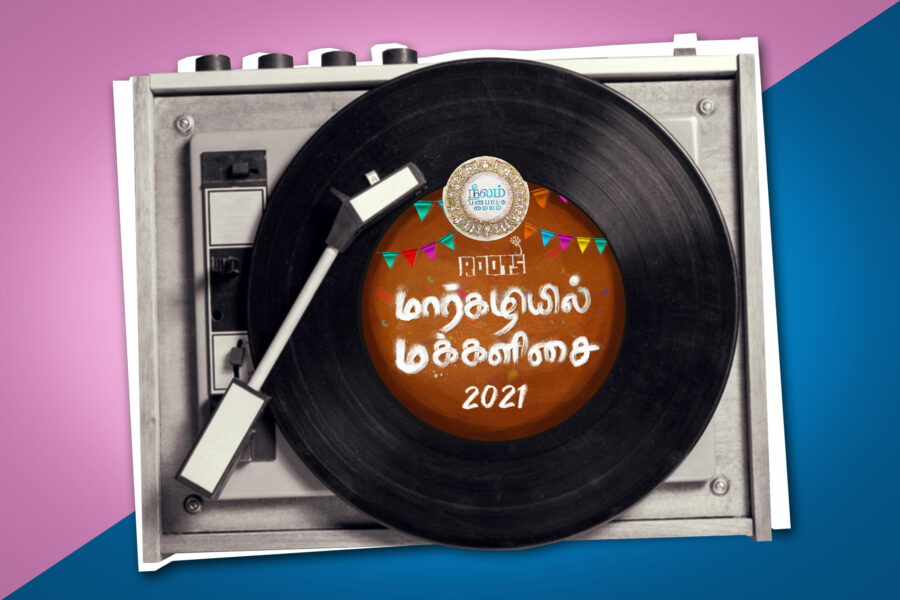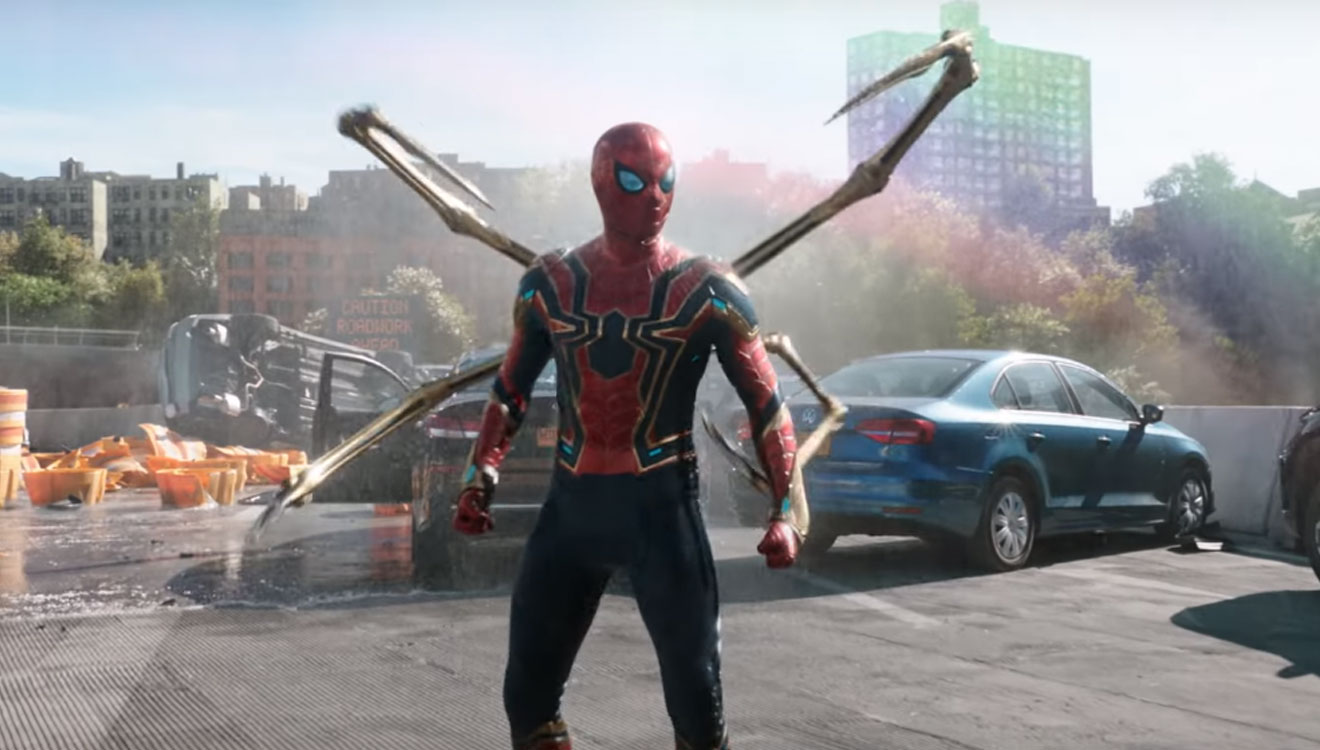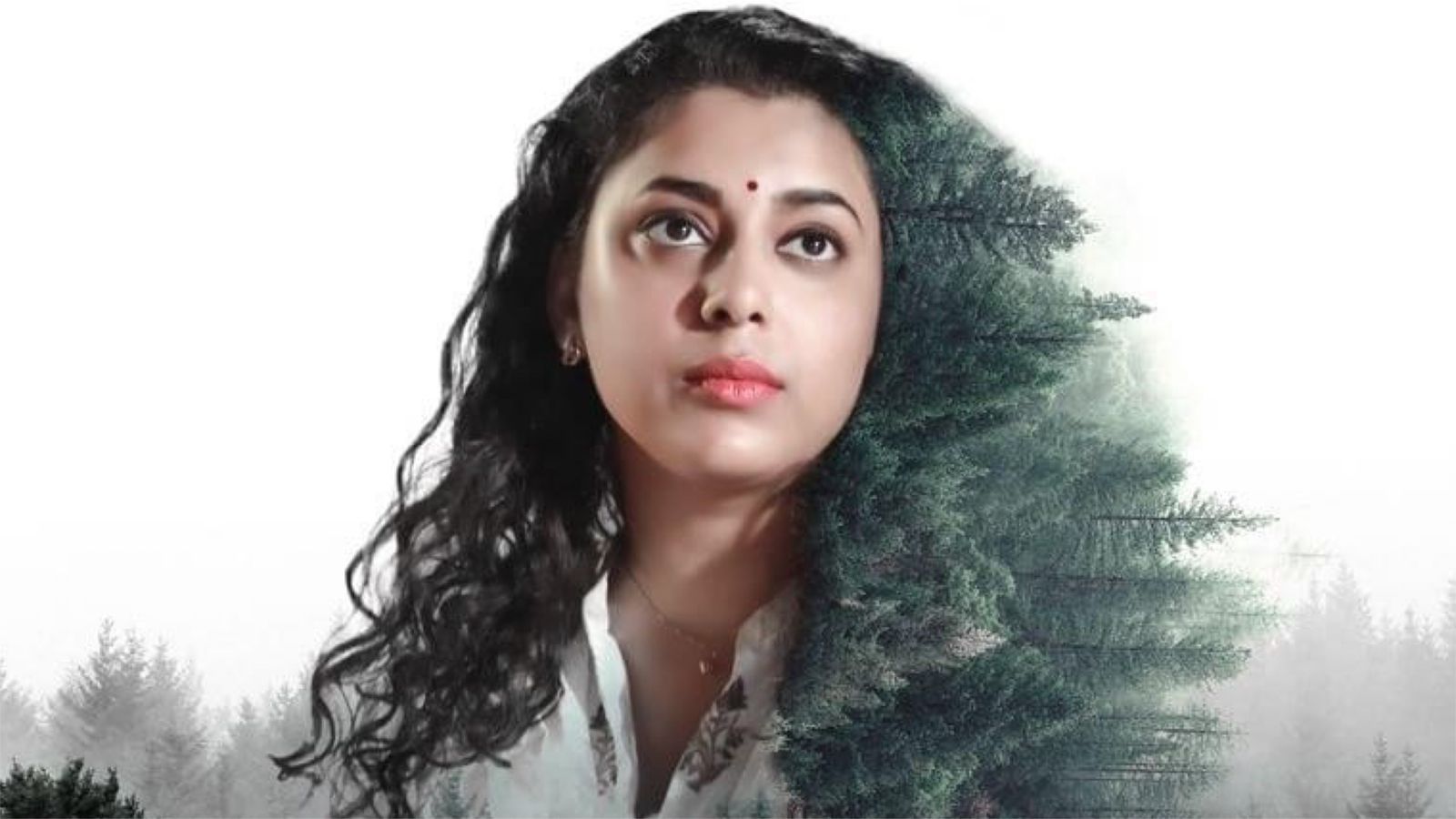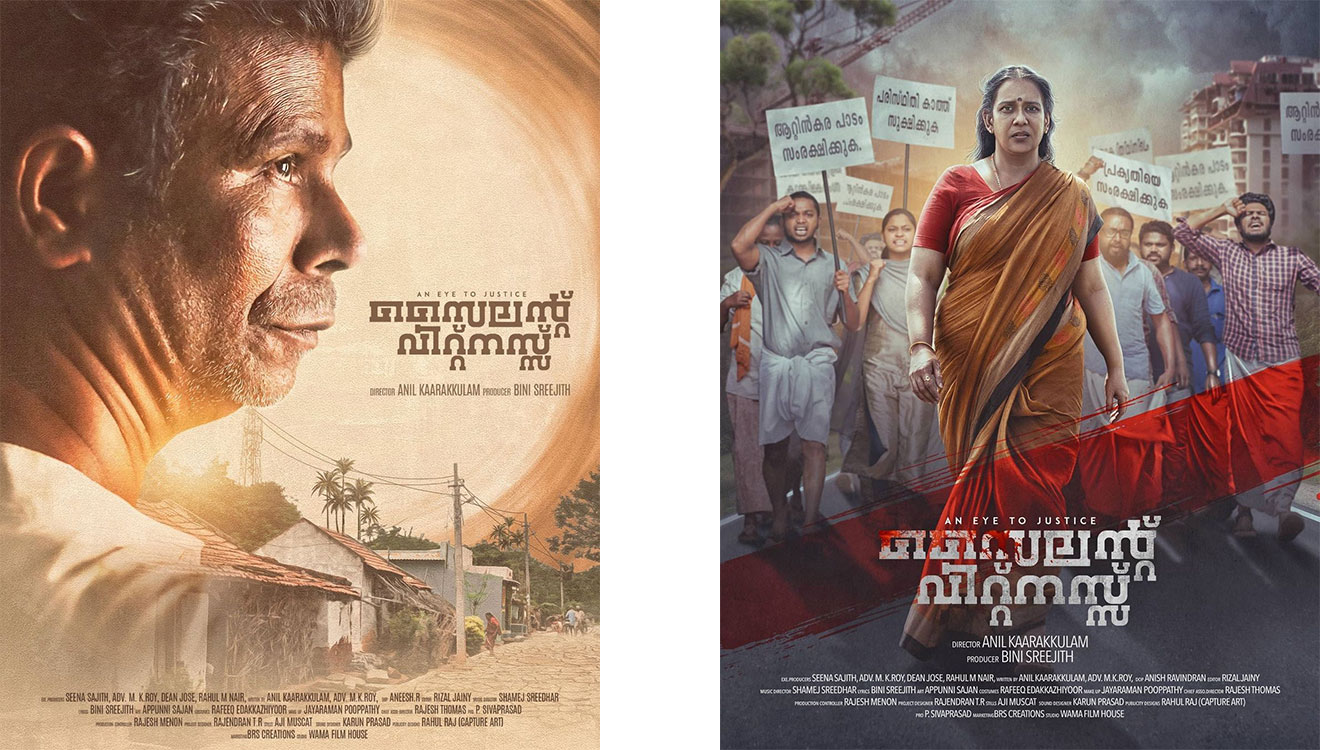One year ago, the walls of prominent sabhas in Chennai which have for generations only heard the sound of carnatic music during the Tamil month of Margazhi, listened to the beats of parai and the notes of ganaa. Director Pa Ranjith’s Neelam Cultural Centre formulated Margazhiyil Makkal Isai, a festival which was determined to bring the music of the people in spaces predominantly occupied by upper class and upper caste groups.
Artists performing indigenous art forms like Naatupura Isai (folk songs) and Oppari who were earlier relegated just to the streets and community halls were asked to showcase their culture- the culture of the masses in spaces which were earlier made inaccessible to them.
“Neelam Cultural Centre had already been working on an initiative called Roots, where we conceptualised the idea of showcasing performances from age-old genres like Ganaa and Oppari which are largely recognised as art forms of the oppressed. Through Margazhiyil Makkal Isai, we wanted to bring together artists who would sing about the problems faced by society through these traditional art forms while also having performances of rap and hip hop,” said rapper Arivu, the curator of the festival.
The festival is now back for its second edition between December 18 and 31 and will be touring other major cities in Tamil Nadu besides Chennai. The first leg of the festival will include performances by a total of 100 parai artists from in and around Usilampatti area at Madurai’s Gandhi Museum auditorium on December 18. Chitra auditorium in Coimbatore will see performances of the folk dance Jikkattam and the mix-genre band Casteless Collective, whose members include Arivu and ganaa singer and Bigg Boss 5 contestant Isaivani.
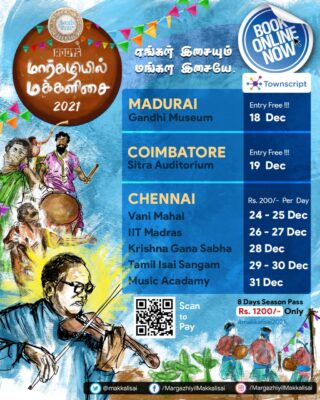
Chennai will see performances of parai, Ambedkarite songs and traditional folk songs. There will also be special days dedicated to song and dance forms by several tribal communities including the Irular and Palliyar from TN and the Koraga community from Southern Karnataka, says Arivu.
Margazhi has always given director Ranjith a feeling of impending festivity, he says. “People in my village would draw kolams outside their house. Those from both Hindu and Christian communities would often perform small religious ceremonies. I used to attend these events when I was young. However, the Tamil month in popular culture is still associated with certain communities who occupy these cultural spaces. During my youth, I realised that songs – particularly those used in the African American movement towards equality in America – are similar to the things we would hear around us as they involve fighting from the margins. Strong voices of those like Nina Simone made me realise that songs had the power to fight oppression. It was time for a cultural revolution to stage mediums like Ganaa and Oppari,” he says.
He adds that the festival will be a space for artists to connect and find a sense of oneness among themselves. Arivu adds that the most exciting part of planning the event over the last two months since restrictions have opened up post the second wave of COVID-19, has been convening with artists.
“Tickets were sold out quickly last year and we did not anticipate the kind of crowds we saw then. It was great. This time it is going to be a blast with Madurai and Coimbatore on our schedule,” adds Isaivani, a key member of the Casteless Collective band.
Recommended
In addition to the performances, director Ranjith says that eight performers will be honoured the title of Isai Mamani and will be handed a cash prize and shield. The artists performing folk art forms are rarely recognised in prominent public spaces despite allocating a significant amount of time to keeping their art form alive through performances, he says. “Performances which were once classified as undignified or were not allowed to enter the upper echelons of society will now be recognised here,” he adds.
Arivu says that the entire objective of the festival is an attempt at equality. “People often speak about the duality of culture and counterculture and often perceive a festival like in the counterculture lens. We are trying to say that this too is culture. This too is mainstream in the spaces where the marginalised artists are from. There is only inequality in art because there is inequality in society. We are moving forward towards an equal space,” he says.
(Silverscreen India is a media partner for Margazhiyil Makkal Isai)
